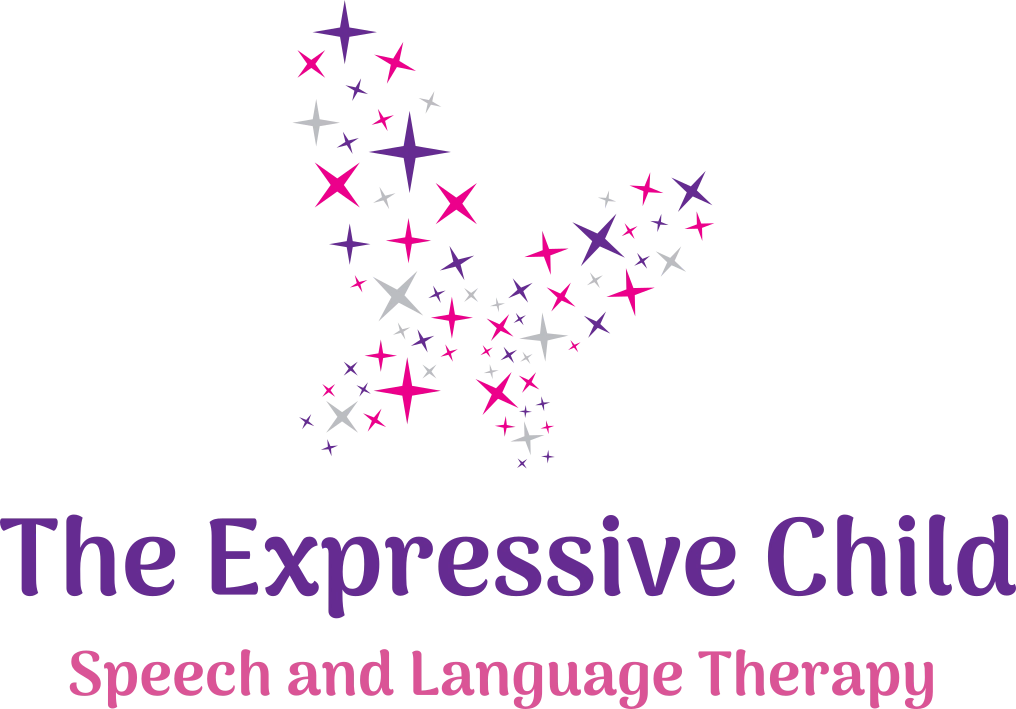First steps for SALT
We follow a four stage pathway:
Align:
A free 10-minute chat on the phone with a therapist for you to get a feel for us; so we can ensre we’re the right professionals to help you, and so we can advise you on which next steps we think would be most helpful.
(no cost).
Explore:
A 45-minute one-off meeting (in person or virtually) for us to discuss your child in detail and create a bespoke action plan. If you have reports from other professionals that you want to show us, you can bring them along to this appointment.
You will receive an email following this appointment with recommended strategies to try straight away at home or at school, advise on any further assessments you might want to consider, and recommendations for therapy target areas. You may wish to use this as a one-off opportunity to get some advice from a qualified professional, or as the first step in obtaining regular speech and language therapy with us.
Cost: £165
Investigate:
In-depth assessments using a range of formal and/or informal tools, as clinically appropriate, to provide detailed information on highly specific aspects of interaction, language, speech and communication skills.
You will receive a detailed report, with qualitative and quantitative comments and scores as appropriate.
We offer two types of ‘Investigate’ sessions: Focussed and Enhanced. In a ‘Focussed Investigate’ appointment, we look in depth at one area of communciation, in Enhanced Investigate we look at 2-3 areas of communication.
Cost: from £345-£495 depending on requirements and agreed in advance
Intervene:
These appointments support the child or young person to develop their communication abilities in whatever area requires support. This could be in the form of one-to-one therapy appointments, or could be parent coaching, teacher training, or a combination.
We are also able to produce a written programme of activities for another person to carry out, where appropriate to do so.
Cost: £98 for a 45 minute face-to-face appointment plus 15 minutes for related clinical administration.
Other:
We are able to conduct assessments and write reports for EHCP applications, for EHCP evidence and for tribunals for clients also receiving intervention through us.
Neurodevelopmental Assessments
This is a multi-disciplinary team (MDT) assessment, with our autism assessment specialists from the fields of clinical psychology and speech and language therapy. Using a combination of a child’s developmental history and assessment through observation and play, we work together to determine whether or not your child meets the criteria for an autism diagnosis. Once our team has discussed the assessments and compiled your child’s report, you will be invited to meet with one of our team to be given the results, and where appropriate, an autism diagnosis for your child. And our input doesn’t end with the diagnostic outcome, we offer a follow up appointment to discuss how our conclusion was reached, and another one to give you the chance to ask us questions after you’ve had chance to consider our feedback. You can use this to ask anything you want, from further information on the assessment, next steps, advice to implement at home or how to work with your education setting to support your child.
This is a multi-disciplinary team assessment, including our ADHD assessment specialists from the fields of clinical psychology and speech and language therapy. Using a combination of a child’s developmental history and assessment through observation and play, we work together to determine whether or not your child meets the criteria for an ADHD diagnosis. Once our team has discussed the assessments and compiled your child’s report, you will be invited to meet with one of our team to be given the results, and where appropriate, an ADHD diagnosis for your child.
This combines the above assessments in order to investigate whether your child has one or both neurodevelopmental conditions listed above. Some aspects of the above assessments are used in both types of assessment and therefore be used in the clinical decision making process for both conditions. Other elements are unique to the assessment for each condition and both are required for us to have sufficient information. You will receive one report that covers all information from the assessment. As above, follow up care is also provided through feedback and question & answer sessions, with the option for therapy or parent coaching for ongoing support after the assessment process is finished.


